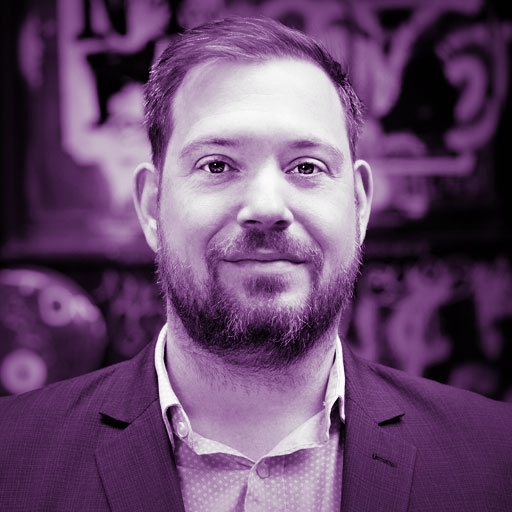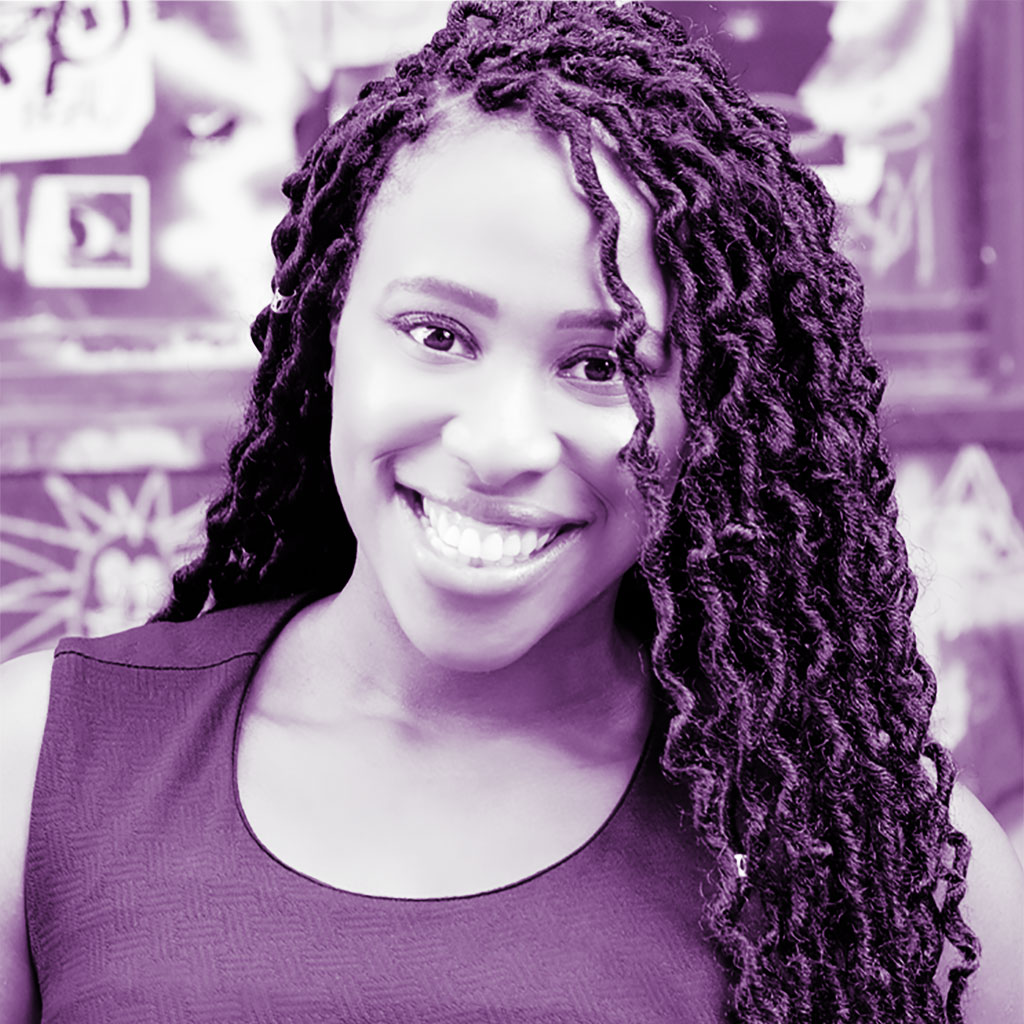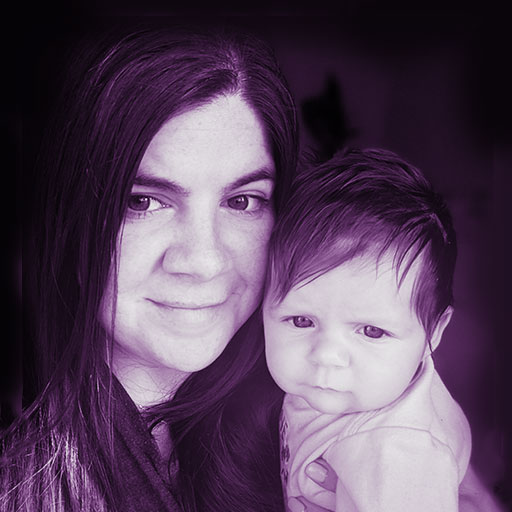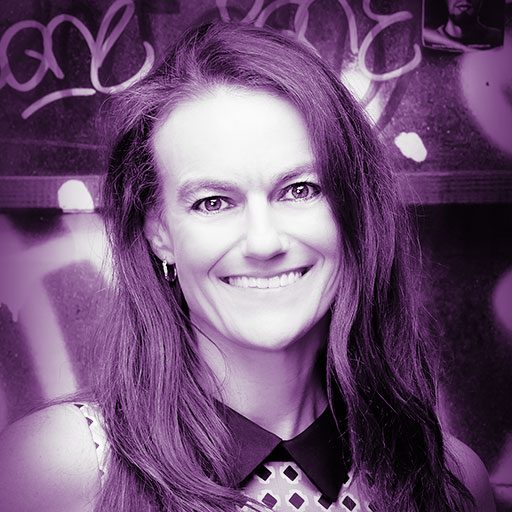Bonus Episode 8: Family Building in 2021
Today’s bonus episode comes from a recent Progny webinar, “Building a Family in 2021.” It’s the start of the new year, which might mean access to new benefits and new opportunities to start or continue building the family of their dreams.
Moderated by Progyny’s Selena Campbell and experts Dr. Susanna Park, a reproductive endocrinologist at San Diego Fertility Center, Kayleigh Hajny – a Progyny success story, and Joni Vick, Clinical Educator Supervisor at Progyny, they discuss how the Progyny benefit works, an overview of fertility treatments, and answers to frequently asked questions during the journey. Plus, you will hear directly from Kayleigh about her experience conceiving her daughter, Liv, with help from Progyny.
Don’t have time to listen? Don’t worry, we broke down the webinar into a summary here.
Guests: Kayleigh Hajny, Progyny member, Joni Vick, Progyny
Expert: Dr. Susanna Park, San Diego Fertility Center
Host: Selena Campbell, Dan Bulger (Intro)
For more information, visit Progyny’s Podcast page and Progyny’s Education page for more resources.
Be sure to follow us on Instagram, @ThisisInfertilityPodcast and use the #ThisisInfertility.
Have a question, comment, or want to share your story? Email us at thisisinfertility@progyny.com.
Here are some highlights from this episode:
When Should You See a Reproductive Endocrinologist?
4:12–5:16
Selena Campbell: Before we dive into the different types of fertility treatments that patients can pursue, I’d like to go into the different reasons for infertility and what patients can expect during an initial consultation. So, Dr. Park, I’d like to start with you. Why would you suggest someone to go see a reproductive endocrinologist?
Dr. Susanna Park: So in general, if you’re less than 35 years old, infertility is diagnosed when you’ve been trying for about 12 consecutive months without conception. If you’re 35 or older, infertility is diagnosed when you’ve been trying for six consecutive months without conception. Now there are certain medical conditions that may warrant an earlier valuation. For example, in Kayleigh’s situation, if you have PCOS and you don’t have regular cycles, it’s really hard to try for six or 12 consecutive months because you’re not ovulating regularly. For example, let’s say you had a history of cancer and you underwent chemotherapy. That may warrant an earlier evaluation. Another different circumstance is if you’re in a same–sex relationship, perhaps female – female or male – male. In that case, you should see a fertility specialist whenever you’re ready to start your family.
Progyny Member Point of View:
6:19–7:39
Selena Campbell: When you first called Progyny, do you mind going into what that first call was like for you?
Kayleigh Hajny: My husband made the first call because it is through his job, but we did it together a little bit after that. We already knew who our patient care advocate was, shout out to LaTisha! She’s wonderful. So, she went over our benefits package, our smart cycles, how that interpreted into what that meant for us, and our consecutive cycles, if need be later on. So, she was great. And explaining down to every little detail. My favorite part of it was that we didn’t need any approval letters and going back and forth with our doctors and our insurance. It was just pre–approved. So, we had already been hooked up with our doctor through my OBGYN who sent us to Boston IVF, and we had our initial consult already done. We started Progyny benefits right when we were about to start our egg retrieval cycle. We just went in for our information session to go over all of our test results. And then it was just right into it, we went right into our cycles, there was nothing else we needed to do.
Timeline for Treatment:
19:18– 21:35
Selena Campbell: Now we’ve spoken about getting set up with a reproductive endocrinologist, going in for the initial consultation, really discussing the treatment plan and starting that plan. Joni, for our audience, could you shed some light on what a typical timeline would look like for those steps?
Joni Vick: Absolutely, that’s a great question. Timeline, as everyone knows, is essential, especially whenever you’re ready to get started with your family. And so, the timeline, I would also like to include, it does vary on what type of treatment plan you’re interested in. So, I would always refer back to the physician on providing a guideline as far as when treatment would occur. But essentially, whenever you first contact Progyny, and learn about your fertility benefits from your Patient Care Advocate (PCA), you will then schedule an initial consultation with your provider. So from that initial appointment, if the testing needs to be done usually takes about a month, sometimes two months, because life, it always interferes at times when it comes to infertility. So, we like to allow time there. Within two months, you should have all the testing done that’s needed to determine your diagnosis and the best treatment option. And then you’ll meet back with your provider. And usually within a month or two, go over all the results. And then from there, identify the best treatment option. And then again, depending on what that option is for you. And you’ll then schedule that treatment following the next month or two. So I would say ideally, from getting started to completing treatment can range anywhere from three to six months, some sooner and some later.

Host
Dan has been in the healthcare industry for the last six years as a multimedia content producer. Better known as ‘Video Dan’ he as interviewed numerous doctors, patients and other experts in the world of fertility. He’s also the producer for this podcast, This is Infertility. On a personal note Dan’s parents started fostering kids when he was four years old, and he considers himself a proud older brother to over 100 foster children.

Guest
Selena is a young healthcare professional, currently working in the greater New York City area as a Patient Care Advocate at Progyny. Selena is a graduate of Delaware State University and is currently pursuing her Master of Science in Management, with a concentration in Healthcare Administration at Wilmington University. She has a passion for patient care and has over seven years of healthcare experience to include a children’s hospital to genetic testing facilities. Selena believes that “patients don’t care how much you know until they know how much you care.” As a New Jersey native, Selena enjoys all things “Jersey Shore”. She loves to travel, go to concerts, and spend time with her family.

Guest
Kayleigh and her husband, Steven Hajny are Progyny members and infertility advocates from New England. They first met in 2010 and married October 2014 on Wells beach. They always knew they wanted children but Kayleigh was told at an early age due to PCOS, she would be unable to have kids. There was hope after they fell pregnant after one medicated cycle but then they suffered a miscarriage at 6 weeks. After a year of more medicated cycles and one IUI, they decided IVF was their ultimate best plan of action. They started their IVF journey in December 2018. Thankfully, Steven’s employer (VMware) announced that they would be covering fertility benefits starting January 2019. Kayleigh left her job as a veterinary nurse to reduce stress and focus solely on trying to give them the child we dreamed of for so long. They went through one fresh cycle, resulting in five embryos, and one frozen transfer — both were unsuccessful. On their second frozen transfer, they finally got the news we were waiting for — they were pregnant! Kayleigh struggled with preeclampsia and gestational diabetes but overall, had a wonderful, happy pregnancy. Olivia Eloise was born Feb 21st, 2020 at 37 weeks. They would like to thank Progyny, WMware, and Boston IVF (The Maine Center), because, without them, Olivia wouldn’t be possible.
Having benefits like the ones they have through Progyny and VWware is the reason why they were able to bring Olivia into the world. They had complete coverage of pricey IVF medications, egg retrieval, and subsequent frozen transfers. An immense number of couples not only experience the crushing heartbreak of infertility, but they also have to figure out how to pay the financial side of not being able to start a family. Thankfully, there are companies like VMware that provide vital benefits Progyny!”

Guest
Joni Vick BSN, RNC -OB was born and raised in North Texas. While attending Grayson College on a softball scholarship, she earned her Associates Degree in Applied Science – Nursing. She then attended the University of Texas at Arlington and earned her Bachelor of Science in Nursing.
Joni’s passion has always been Women’s Health which is where she has placed her focus since 2003. Joni began her nursing career as a Labor and Delivery Nurse at Baylor University Medical Center in Dallas, TX. She obtained her RNC -OB, Certified – Inpatient Obstetrics, high risk obstetrics and became part of the Maternal Transport Team. Joni’s career then shifted to infertility and managed the Third-Party Reproduction department at Conceptions Reproductive Associates in Littleton, Colorado for 7 years.
Joni brought her fertility nursing experience to Progyny in December of 2018 and now leads the Clinical Educator Team as their Manager.

Guest
Dr. Park spent the first 10 years of her career as a fertility physician at Columbia University in New York City, considered to be one of the leading IVF programs in the USA. She joined the San Diego Fertility Center in 2012 where she combines her extensive experience as an infertility physician with personal care. In 2017 and 2019, Dr. Park was named “Top Doctor” by the San Diego County Medical Society (SDCMS) in San Diego Magazine.
Dr. Susanna Jung-A Park is a fertility doctor double board-certified in Obstetrics and Gynecology, and Reproductive Endocrinology and Infertility. After attending the competitive Bronx High School of Science in New York City, Dr. Park graduated summa cum laude from Siena College. She obtained her medical degree at Albany Medical College. Dr. Park completed her residency in Obstetrics and Gynecology, as well as her fellowship in Reproductive Endocrinology and Infertility, at University of Medicine and Dentistry of New Jersey.



